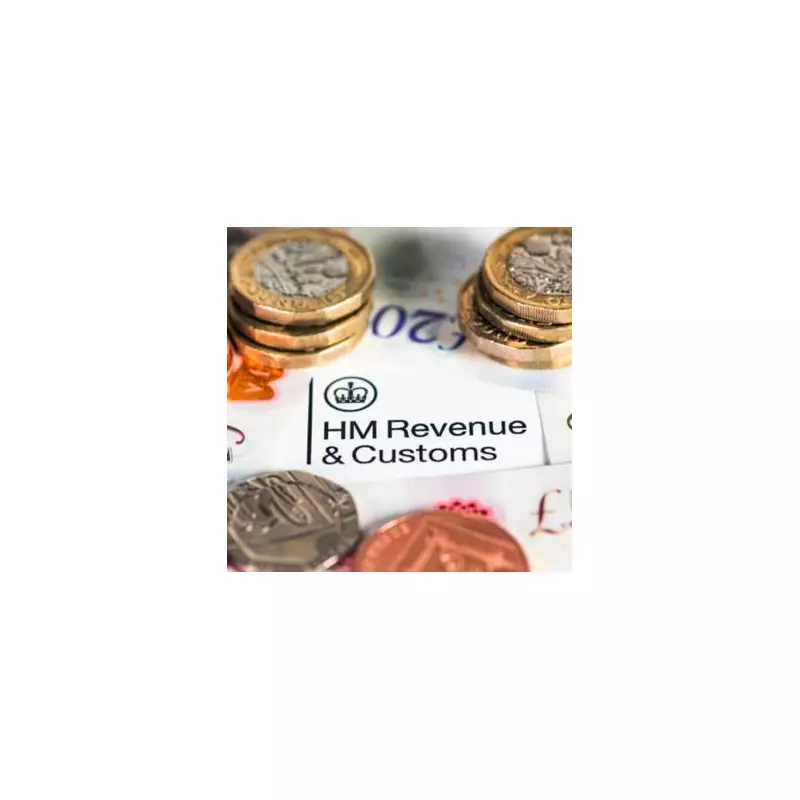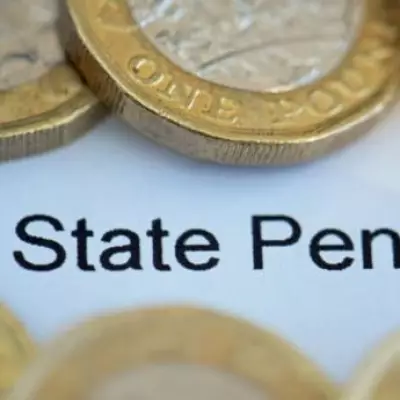
In a move that's sending shockwaves through personal finance circles, HM Revenue and Customs has activated its controversial Direct Recovery of Debts powers, allowing the tax authority to extract money directly from taxpayers' bank accounts without their permission.
The Power to Seize Funds
Under these new enforcement measures, HMRC can now bypass traditional collection methods and access bank and building society accounts to recover what they claim are outstanding tax debts. This represents one of the most significant shifts in tax collection powers in recent memory.
Who's at Risk?
The tax office is targeting individuals and businesses who owe more than £1,000 in tax or tax credit debts. However, there are some safeguards in place:
- Debtors must owe at least £1,000
- A minimum of £5,000 must be left across all accounts after seizure
- Multiple attempts at contact must have been made beforehand
- The right to appeal remains available
Growing Concerns Among Financial Experts
Financial advisors and debt charities are expressing serious concerns about the timing and implementation of these powers. With many households already struggling with the ongoing cost of living crisis, the prospect of direct account access by HMRC raises alarm bells.
"This represents a fundamental shift in the balance of power between taxpayers and the state," noted one personal finance expert. "While HMRC insists there are robust safeguards, the reality is that mistakes can and do happen in the tax system."
What You Need to Do
If you're concerned about potential tax debts, experts recommend:
- Regularly check your HMRC online account for any outstanding balances
- Respond immediately to any communication from HMRC
- Seek professional advice if you're struggling to pay tax bills
- Explore Time to Pay arrangements if you need more time
The activation of these powers comes at a particularly challenging time for many UK households, with rising energy costs, mortgage payments, and everyday expenses already putting significant pressure on family budgets.





